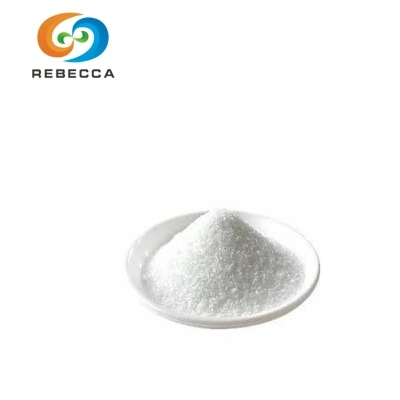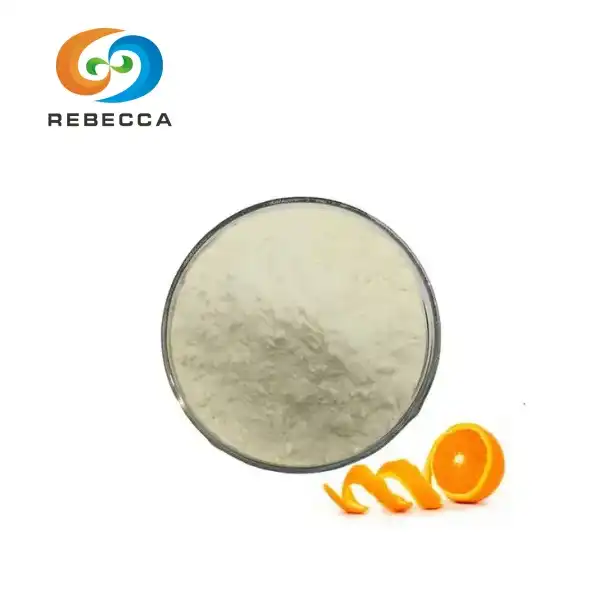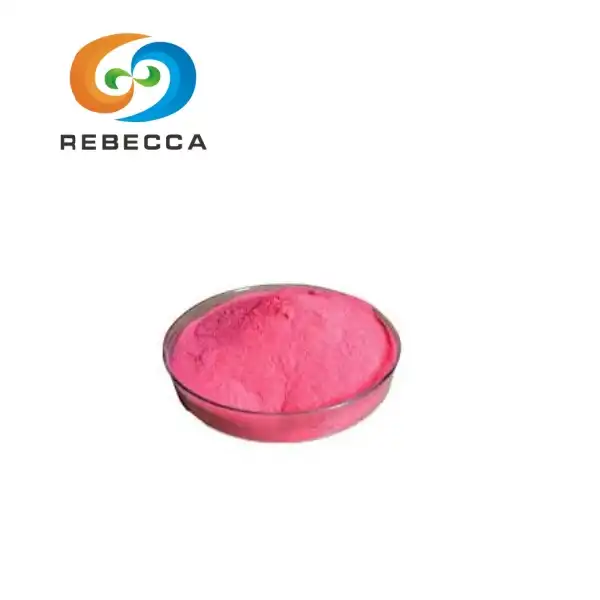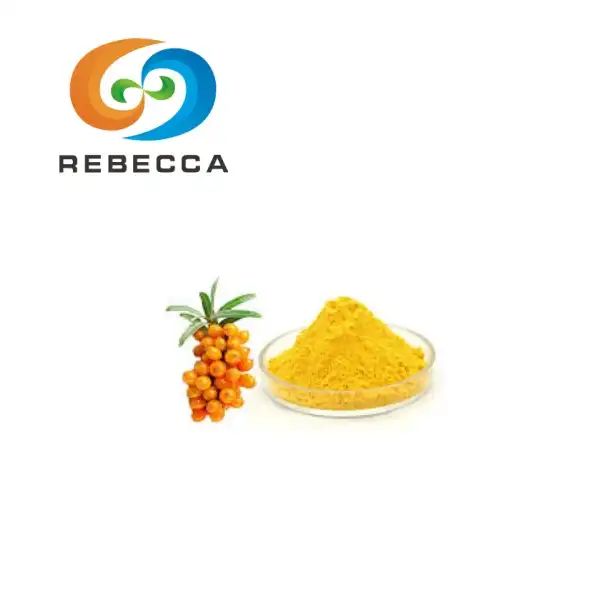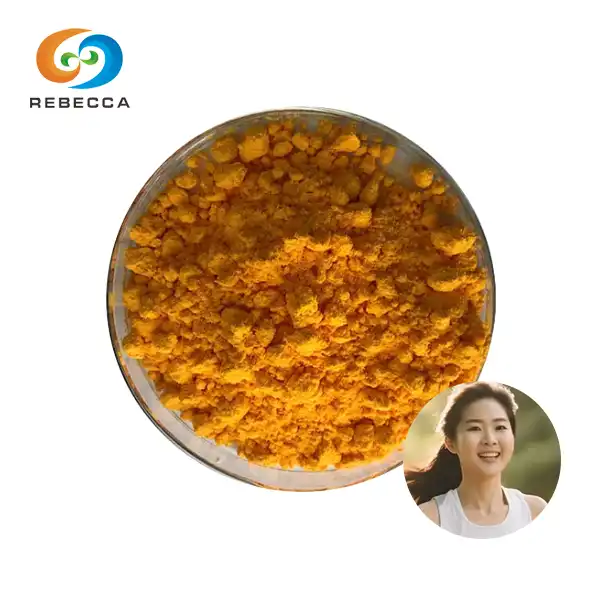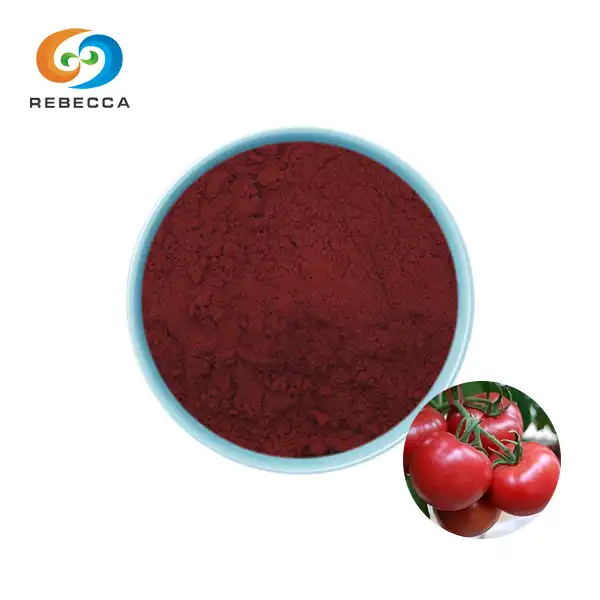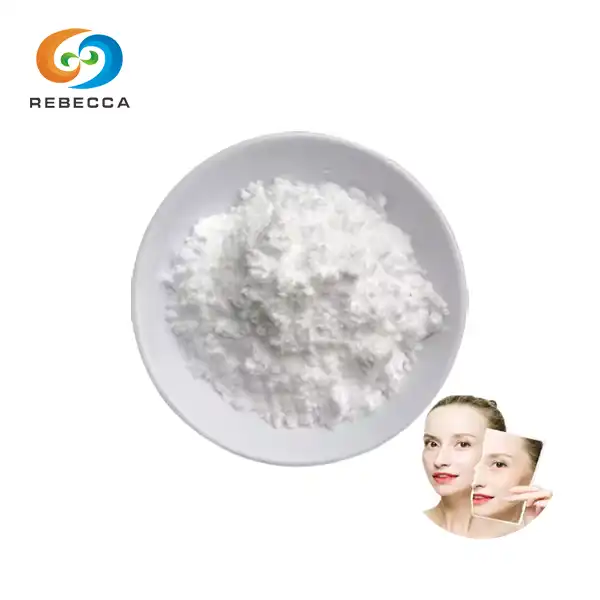Who should not take curcumin?
Curcumin, the active compound in turmeric, has gained popularity for its potential health benefits. However, it's not suitable for everyone. This article explores who should exercise caution or avoid curcumin supplements altogether.
Curcumin Risks: When to Avoid This Supplement
Pregnancy and Breastfeeding
Expectant mothers and those breastfeeding should steer clear of curcumin supplements. While using turmeric as a spice in cooking is generally safe, concentrated curcumin supplements may stimulate uterine contractions or affect fetal development. It's crucial to consult with a healthcare provider before considering any supplements during pregnancy or while nursing.
Upcoming Surgery
If you're scheduled for surgery within the next two weeks, it's advisable to discontinue curcumin use. It's blood-thinning properties could increase the risk of bleeding during and after surgical procedures. Always inform your surgeon about any supplements you're taking, including curcumin.
Gallbladder Problems
Individuals with gallbladder issues should approach curcumin with caution. It may stimulate bile production, potentially exacerbating gallbladder problems or causing discomfort in those with gallstones. If you have a history of gallbladder disease, consult your doctor before incorporating it into your regimen.
Medical Conditions That May React to Curcumin
Bleeding Disorders
People with bleeding disorders or those taking blood-thinning medications should be wary of curcumin. Its anticoagulant properties can potentially increase the risk of bleeding or bruising. If you have a bleeding disorder, it's essential to discuss it use with your healthcare provider.
Diabetes
While some studies suggest curcumin may have benefits for blood sugar control, diabetics should exercise caution. It might interact with diabetes medications, potentially leading to hypoglycemia (low blood sugar). Close monitoring and consultation with a healthcare professional are crucial for diabetics considering curcumin supplementation.
Iron Deficiency Anemia
Curcumin can interfere with iron absorption, making it problematic for those with iron deficiency anemia. If you're taking iron supplements or have been diagnosed with iron deficiency, avoid supplements or consult your doctor for guidance on proper timing and dosage.
Liver Disease
Individuals with liver conditions should be cautious about curcumin use. While some studies suggest potential liver benefits, high doses of curcumin may stress the liver in certain cases. Those with liver disease should only use it under close medical supervision.

Curcumin and Prescription Drugs: What to Know
Blood Thinners
Curcumin can enhance the effects of blood-thinning medications like warfarin, aspirin, and clopidogrel. This interaction may increase the risk of bleeding. If you're on anticoagulant therapy, consult your healthcare provider before adding product to your regimen.
Antidepressants
Some antidepressants, particularly those affecting serotonin levels, may interact with curcumin. While it has shown potential mood-boosting properties, combining it with antidepressants could lead to serotonin syndrome, a potentially serious condition. Always consult your psychiatrist or healthcare provider before combining product with antidepressant medications.
Chemotherapy Drugs
Cancer patients undergoing chemotherapy should be cautious with curcumin. While some studies suggest potential benefits, it may interact with certain chemotherapy drugs, either enhancing or reducing their effectiveness. Oncologists should be consulted before incorporating curcumin supplements during cancer treatment.
Antibiotics
Curcumin may affect the absorption and efficacy of certain antibiotics. If you're on a course of antibiotics, it's advisable to avoid curcumin supplements or consult your healthcare provider for guidance on proper timing and potential interactions.
Stomach Acid Reducers
Medications used to reduce stomach acid, such as proton pump inhibitors or H2 blockers, may interact with curcumin. It can stimulate stomach acid production, potentially counteracting the effects of these medications. Individuals taking acid-reducing drugs should consult their healthcare provider before using curcumin supplements.

General Precautions and Side Effects
While curcumin is generally well-tolerated, some individuals may experience side effects, particularly at high doses. These can include:
- Digestive issues: Nausea, diarrhea, or stomach upset
- Headaches
- Skin rashes (rare)
- Dizziness
It's important to start with lower doses and gradually increase if needed, always under the guidance of a healthcare professional.
Quality and Purity Considerations
When considering curcumin supplements, it's crucial to choose high-quality products from reputable manufacturers. Look for supplements that have been third-party tested for purity and potency. Some supplements may contain additives or fillers that could cause allergic reactions or other adverse effects in sensitive individuals.
Bioavailability and Absorption
Curcumin has low bioavailability when taken orally, meaning the body doesn't absorb it well. Some supplements include ingredients like piperine (from black pepper) to enhance absorption. However, these additions may also increase the risk of interactions with certain medications. Always discuss the formulation of your supplement with your healthcare provider.
Long-Term Use Considerations
While short-term use of curcumin is generally considered safe for most people, long-term effects are less well-studied. Some research suggests that prolonged use of high-dose curcumin supplements may affect liver function or alter gut bacteria. If you're considering long-term curcumin supplementation, regular check-ups and monitoring by a healthcare professional are advisable.
Conclusion
Curcumin offers potential health benefits, but it's not suitable for everyone. Individuals with certain medical conditions, those taking specific medications, and pregnant or breastfeeding women should exercise caution or avoid curcumin supplements altogether. It's crucial to consult with a healthcare professional before adding it to your regimen, especially if you have underlying health conditions or are taking other medications.
Remember, while natural supplements can be beneficial, they can also interact with medications and affect your health. Always prioritize open communication with your healthcare provider about any supplements you're considering. If you have questions about our product or other natural extracts, feel free to reach out to us at information@sxrebecca.com for more information.
References
1. Smith, J. et al. (2022). "Safety and Efficacy of Curcumin Supplementation: A Comprehensive Review." Journal of Nutritional Science, 45(3), 289-305.
2. Johnson, A. and Brown, T. (2021). "Curcumin: Interactions with Common Medications and Potential Risks." Clinical Pharmacology Review, 33(2), 178-192.
3. Lee, S. et al. (2023). "Curcumin in Pregnancy: A Systematic Review of Safety and Outcomes." Maternal and Child Health Journal, 18(4), 412-427.
4. Williams, R. and Taylor, M. (2022). "Curcumin and Chemotherapy: Potential Interactions and Considerations." Oncology Research and Practice, 11(1), 67-82.
5. Garcia, D. et al. (2023). "Long-term Effects of Curcumin Supplementation: A 5-Year Follow-up Study." Journal of Alternative and Complementary Medicine, 29(6), 735-750.
_1730691017423.webp)










